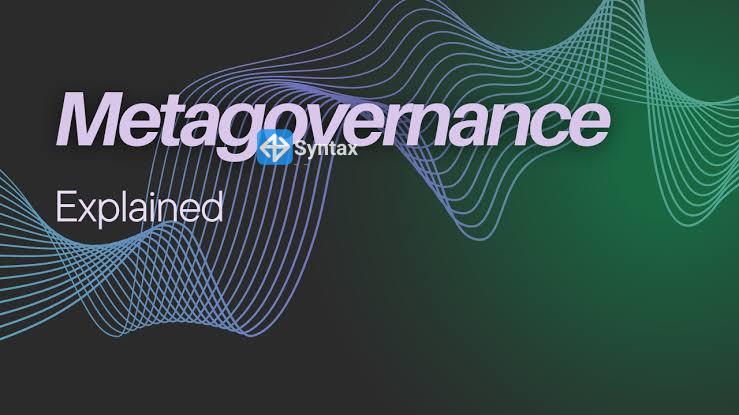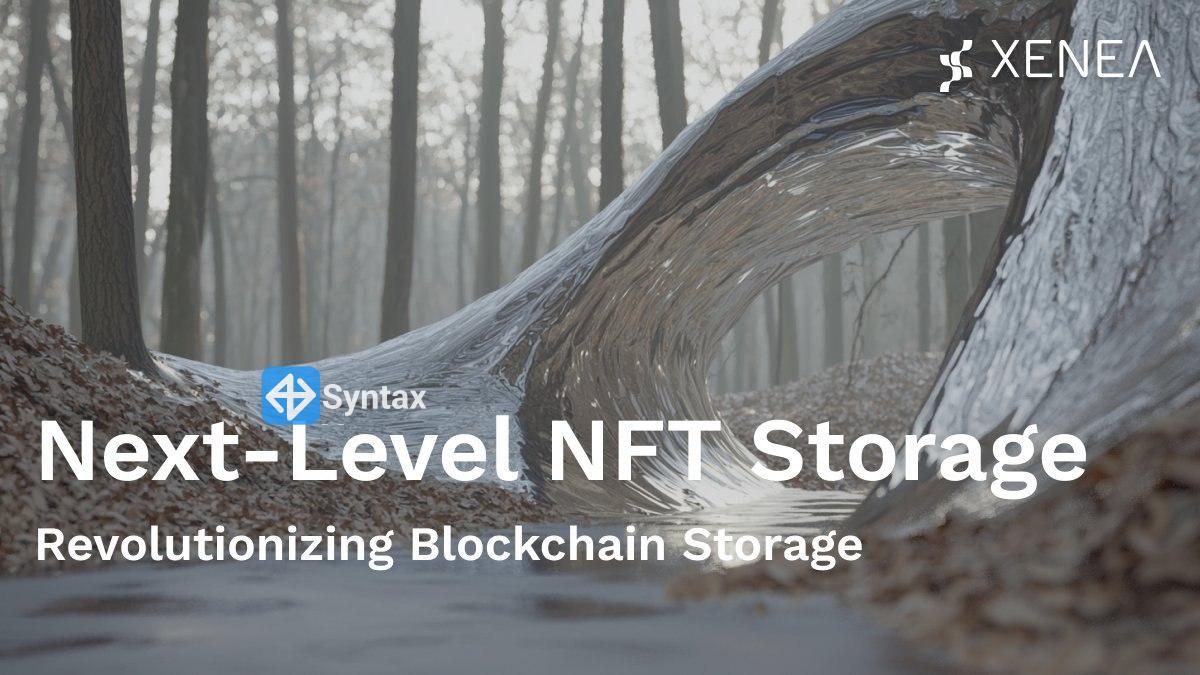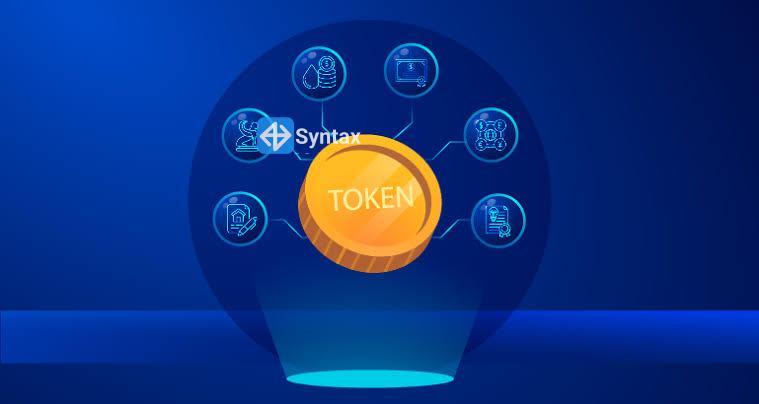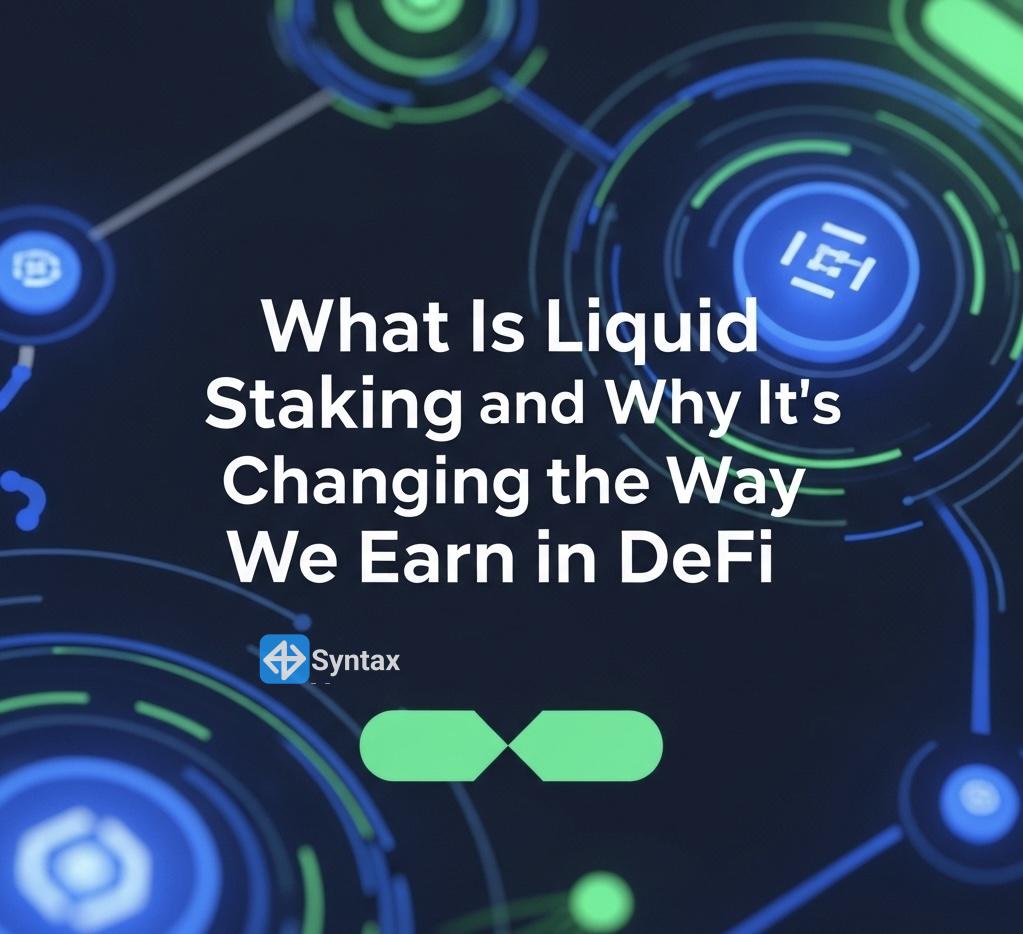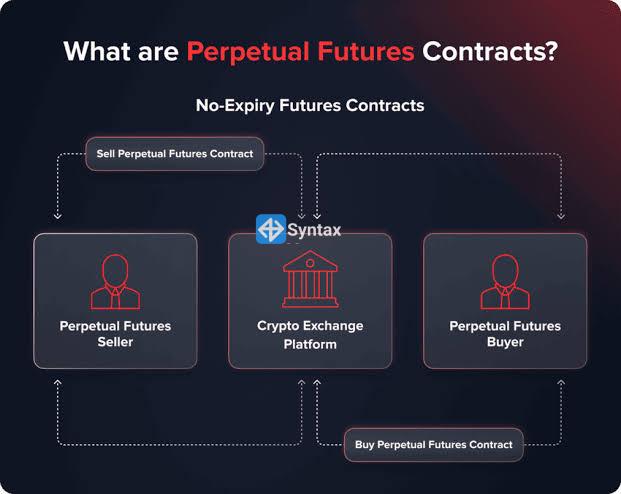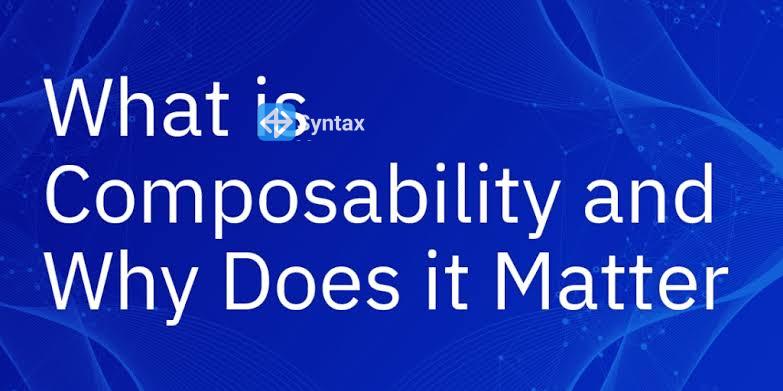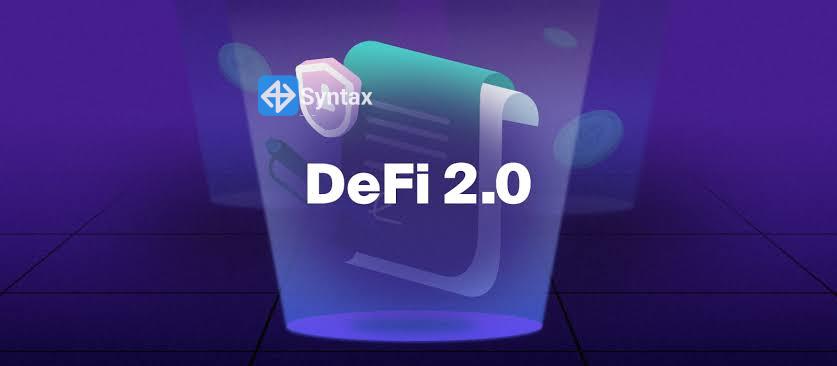When it comes to cryptocurrency, most people instantly think of Bitcoin or Ethereum. But behind the scenes, there’s a coin that has built a strong reputation for doing something very different, prioritizing privacy above all else. That coin is Monero (XMR). While many blockchains are transparent and traceable, Monero goes in the opposite direction, offering users true anonymity and untraceable transactions.
So, what exactly is Monero, and what makes it so unique in the crypto landscape?
What Is Monero?
Monero is a privacy-focused cryptocurrency launched in 2014. It’s an open-source, decentralized digital currency designed to give users full control over their financial data. While most cryptocurrencies store all transaction details publicly on the blockchain, Monero hides them by default.
Monero’s core goal is to ensure that no one can see who sent money, who received it, or how much was transferred, unless the user chooses to share that data.
What Makes Monero Unique?
Here are the key features that set Monero apart from other cryptocurrencies:
1. Privacy by Default
Unlike Bitcoin or Ethereum, where wallet addresses and amounts are visible on the blockchain, Monero uses powerful technologies like:
- Ring Signatures: Mixes a sender’s transaction with others to hide the true origin
- Stealth Addresses: Hides the receiver’s public address
- Confidential Transactions: Conceals the amount being sent
These combine to make Monero transactions virtually untraceable.
2. Fungibility
Because Monero transactions are private, all coins are equal and interchangeable. In contrast, Bitcoin can be “tainted” by its history (e.g., linked to crime), making it less desirable. Monero has true fungibility, meaning no coin can be blacklisted.
3. Decentralization
Monero avoids centralization by using a community-driven development model and supporting mining on everyday hardware. This ensures that no single entity controls the network.
4. Scalability and Efficiency
Monero has dynamic block sizes and adaptive fees, allowing the network to scale based on demand. This flexibility helps maintain affordable fees and smooth operation.
Who Uses Monero?
Monero appeals to:
- Privacy advocates
- Businesses that want confidentiality
- Users in countries with financial censorship
- Anyone who simply values personal financial freedom
While it's sometimes misunderstood due to its association with darknet markets, Monero’s primary use case is legitimate privacy, something that’s becoming increasingly rare online.
It may not be the most talked-about coin in the mainstream, but for those who understand the value of privacy, Monero is truly one of a kind.




